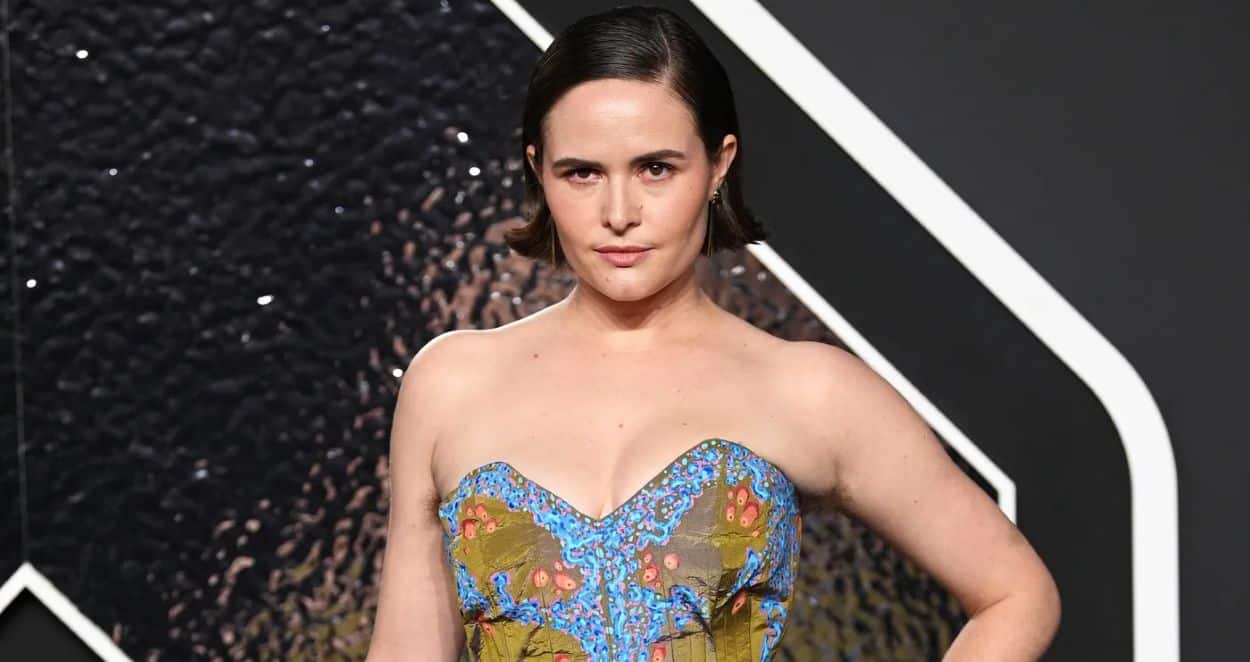Kelley Heyer, a TikTok creator and actor, has filed a lawsuit against Roblox for allegedly using her viral “Apple” dance choreography without a finalised licensing agreement.
The dance, popularised on TikTok and featured in Charli XCX’s performances, was turned into an emote in Roblox’s Dress to Impress update in August 2024, as reported on April 17, 2025. This sparked a legal battle over intellectual property rights.
Heyer filed the lawsuit in California on April 11, 2025, claiming Roblox released the “Apple Dance” emote on August 17, 2024, before finalising a licensing deal. She had been negotiating with Roblox since August 12 but alleges the company moved forward without her consent, selling over 60,000 emotes and earning approximately $123,000. Heyer, who applied for a copyright on August 30, 2024, is seeking a share of the profits and additional damages.
@game.central TikToker Kelley Heyer sued Roblox on the 11th of April for the unlicensed use of her Charli XCX apple dance – which she has copyrighted. Acording to Polygon, she claims that Roblox had entered discussions with her about licensing it, but went ahead and added to the game before doing a deal. #robloxx #charlixcx #apple #appledance #kelleyheyer #robloxnews #gaming #gamingnews #gamecentral ♬ apple by charliiiii – babyloncowboy 🍉
“Roblox used Kelley’s IP without a signed agreement,” said attorney Miki Anzai in a statement to Polygon. “As an independent creator, Kelley deserves fair compensation, and we’re open to a peaceful settlement.”
The ‘Apple’ Dance Phenomenon
Heyer posted the “Apple” dance on TikTok on June 15, 2024, where it gained massive traction, inspiring Charli XCX to incorporate it into her live shows. While Fortnite and Netflix secured proper licensing for the choreography, Roblox allegedly failed to do so, releasing the emote to align with its Brat album update. The emote, based solely on Heyer’s choreography, was removed from sale in November 2024 after the dispute arose.
Roblox’s Response and Industry Context
Roblox defended its actions, stating, “We take intellectual property protection seriously and are confident in our position.” The company emphasised its commitment to creators’ rights and plans to respond in court.
The lawsuit joins a broader debate about choreography in gaming. In 2019, cases against Fortnite’s Epic Games, including one by Alfonso Ribeiro, were dismissed. However, a 2024 case by choreographer Kyle Hanagami, revived by the Ninth Circuit Court, argued that choreography is more than “poses,” setting a precedent before settling. Heyer’s case could further clarify creators’ rights in digital spaces.
Heyer’s lawsuit highlights the growing importance of protecting intellectual property in gaming, especially for independent creators. As platforms like Roblox monetise user-generated content, fair compensation and licensing agreements are critical. The outcome of this case could shape how choreography is treated in virtual environments, amplifying creators’ voices in the digital age.






